The English Department at CATS Boston offers classes which develop the language and academic skills expected for admission to an American college or university. The department’s team of dedicated, highly trained English teachers offer personalized help and differentiated instruction to fit individual learning needs.
Some English Literature electives are offered at both the College Prep and Honors levels. Honors sections assume more background knowledge, move at a quicker pace, cover additional material, and expect students to work at a higher level relative to College Prep sections.
The Advanced Placement (AP) course in English Language and Composition teaches students to become skilled readers of prose and skilled writers, who compose literature for a variety of purposes. They develop an awareness of a writer’s purpose, audience expectations, and genre conventions.
To take this elective, returning students need an A- or higher in previous Honors British or Honors American Literature; a sample of analytical writing submitted to the English Department Chair; completion of significant summer assignment; approval of the previous instructor. New students will require approval of English Department Chair based upon placement test scores and previous English grades.
The AP English Literature and Composition course teaches students how to read, analyze and write about fiction. Students engage with novels, plays, and poetry to determine the author’s purpose through the work’s structure, style, and themes, while also analyzing figurative language, imagery, and symbolism.
To take this elective, returning students need an A- or higher in Literature 3: Independence Honors; a sample of analytical writing submitted to the English Department Chair; completion of significant summer assignment; approval of the previous instructor. New students require the approval of English Department Chair based upon placement test scores and previous English grades.
The course provides freshman students with a comprehensive introduction to academic writing and literary analysis, beginning with a full review of syntax and grammar rules. The literary component of the class examines texts and identifies themes, which address the role of individual responsibility; and how to use literature as a lens through which you may better understand society and your role within the global community. Possible texts may include The Giver, Lord of the Flies, The Catcher in the Rye, and A Streetcar Named Desire.
Honors sections assume more background knowledge, move at a quicker pace, cover additional material, and expect students to work at a higher level relative to College Prep sections.
This course examines characters’ physical, emotional, and spiritual journeys in literature. The course begins with essential vocabulary and a review of grammatical rules, then progresses to comprehension and textual analysis. Public speaking assignments give students the opportunity to practice their English speaking skills and develop confidence in their ability to engage a crowd of peers. Texts for this course include Romeo and Juliet, the Odyssey, Things Fall Apart, Chronicle of a Death Foretold, Persepolis, and various short stories and poems.
Honors sections assume more background knowledge, move at a quicker pace, cover additional material, and expect students to work at a higher level relative to College Prep sections.
This course examines the theme of independence by looking at universal ideas which incited The American Revolution or inspired Transcendentalism. Students work to create their own independence in writing projects, while developing critical thinking and analytical skills. Texts studied in this course may include The Narrative of the Life of Frederick Douglass, The Great Gatsby, The Crucible, and a variety of shorter works by authors such as Dickinson, Thoreau, Emerson, and Poe.
Honors sections assume more background knowledge, move at a quicker pace, cover additional material, and expect students to work at a higher level relative to College Prep sections.
This course focuses on analyzing literature through the critical lenses of feminism, Marxism, and psychoanalysis. Students work on identifying and analyzing the reasons for an author’s choices and the effectiveness of various means of persuasion and on understanding how critical lenses are employed to interpret texts. Students work towards mastering the critical reading and writing skills necessary for university. Texts studied in this course may include Sir Gawain and the Green Knight, The Canterbury Tales, A Midsummer Night’s Dream, The Strange Case of Dr. Jekyll and Mr. Hyde, and shorter works by authors such as Keats, Shelley, Blake, and Orwell.
Honors sections assume more background knowledge, move at a quicker pace, cover additional material, and expect students to work at a higher level relative to College Prep sections.
The English Skills course introduces students to literary terms and practices, enabling them to succeed in their future study of English Literature. The class builds a foundation for approaching academic writing and the close reading of texts.
Texts may include Brown Girl, Dreaming and Cyrano de Bergerac, as well as fables, folktales, various short stories and poetry from authors such as Neil Gaiman, Richard Connell, Annie Proulx, Ethel Rohan, Raymond Carver, and Shel Silverstein.
The course provides freshman students with a comprehensive introduction to academic writing and literary analysis, beginning with a full review of syntax and grammar rules. The literary component of the class examines texts and identifies themes, which address the role of individual responsibility; and how to use literature as a lens through which you may better understand society and your role within the global community. Possible texts may include The Giver, Lord of the Flies, The Catcher in the Rye, and A Streetcar Named Desire.
This course examines characters’ physical, emotional, and spiritual journeys in literature. The course begins with essential vocabulary and a review of grammatical rules, then progresses to comprehension and textual analysis. Public speaking assignments give students the opportunity to practice their English speaking skills and develop confidence in their ability to engage a crowd of peers. Texts for this course include Romeo and Juliet, the Odyssey, Things Fall Apart, Chronicle of a Death Foretold, Persepolis, and various short stories and poems.
This course examines the theme of independence by looking at universal ideas which incited The American Revolution or inspired Transcendentalism. Students work to create their own independence in writing projects, while developing critical thinking and analytical skills. Texts studied in this course may include The Narrative of the Life of Frederick Douglass, The Great Gatsby, The Crucible, and a variety of shorter works by authors such as Dickinson, Thoreau, Emerson, and Poe.
This course focuses on analyzing literature through the critical lenses of feminism, Marxism, and psychoanalysis. Students work on identifying and analyzing the reasons for an author’s choices and the effectiveness of various means of persuasion and on understanding how critical lenses are employed to interpret texts. Students work towards mastering the critical reading and writing skills necessary for university. Texts studied in this course may include Sir Gawain and the Green Knight, The Canterbury Tales, A Midsummer Night’s Dream, The Strange Case of Dr. Jekyll and Mr. Hyde, and shorter works by authors such as Keats, Shelley, Blake, and Orwell.
*Please note, course offerings are subject to change and will be offered depending on student interest.
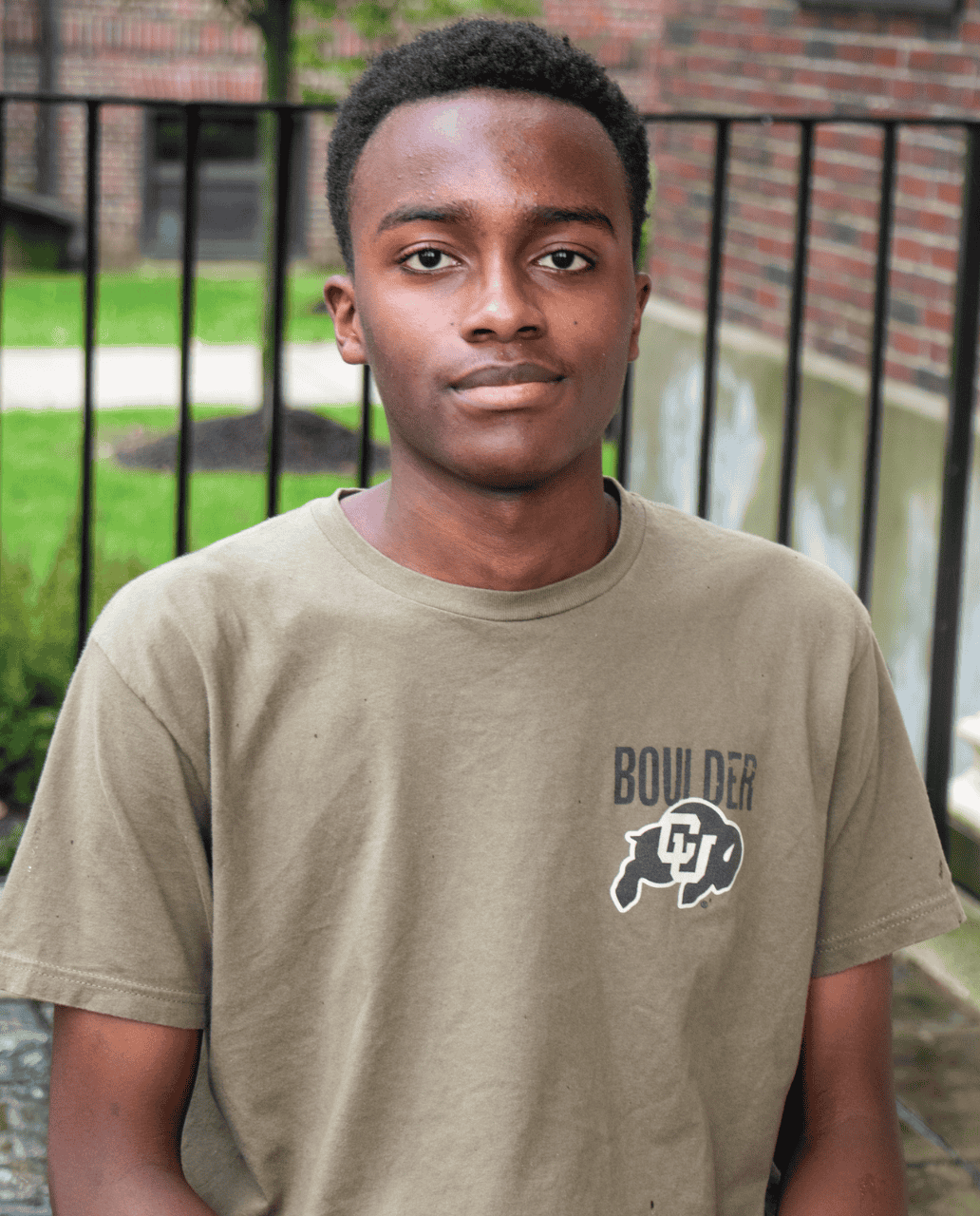
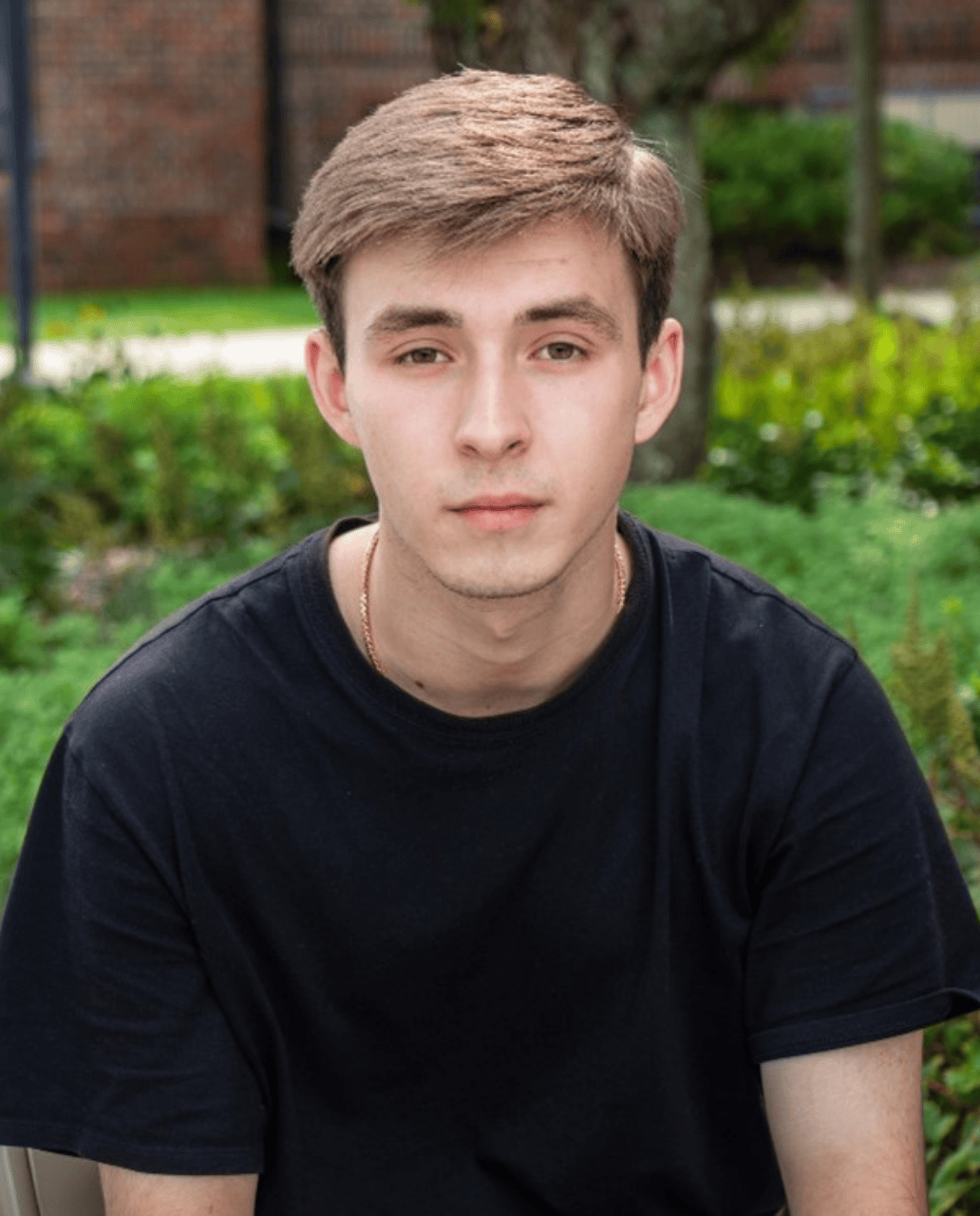
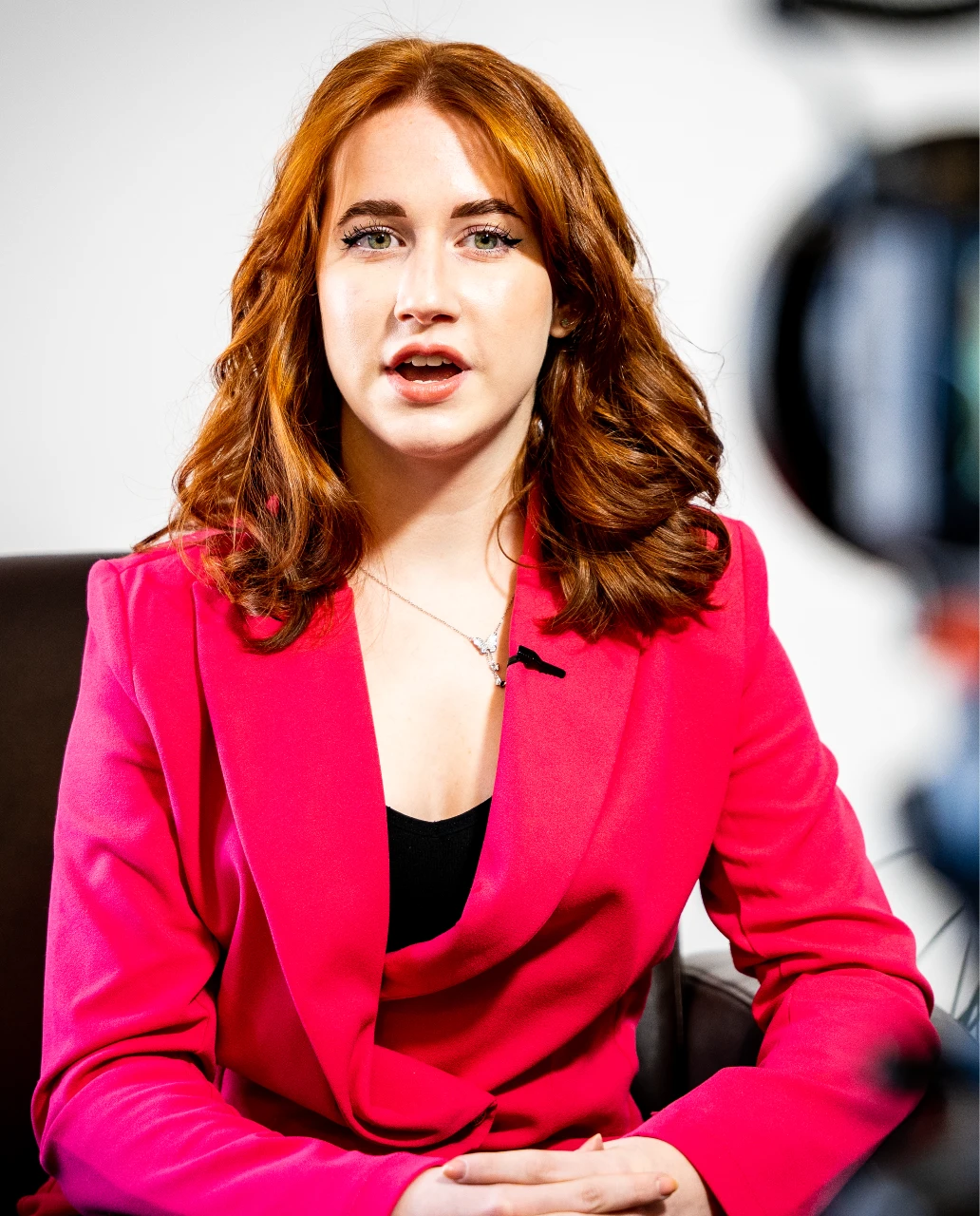
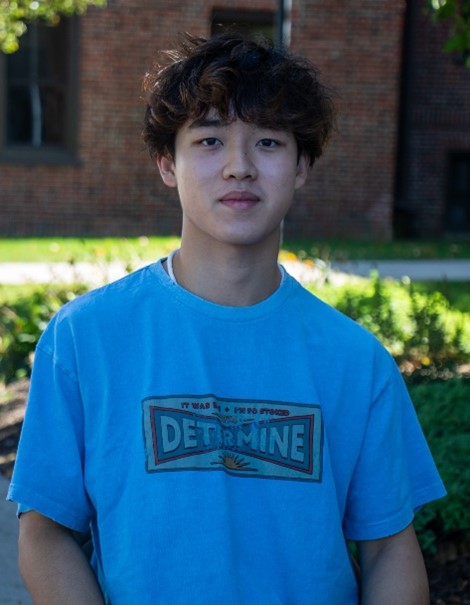
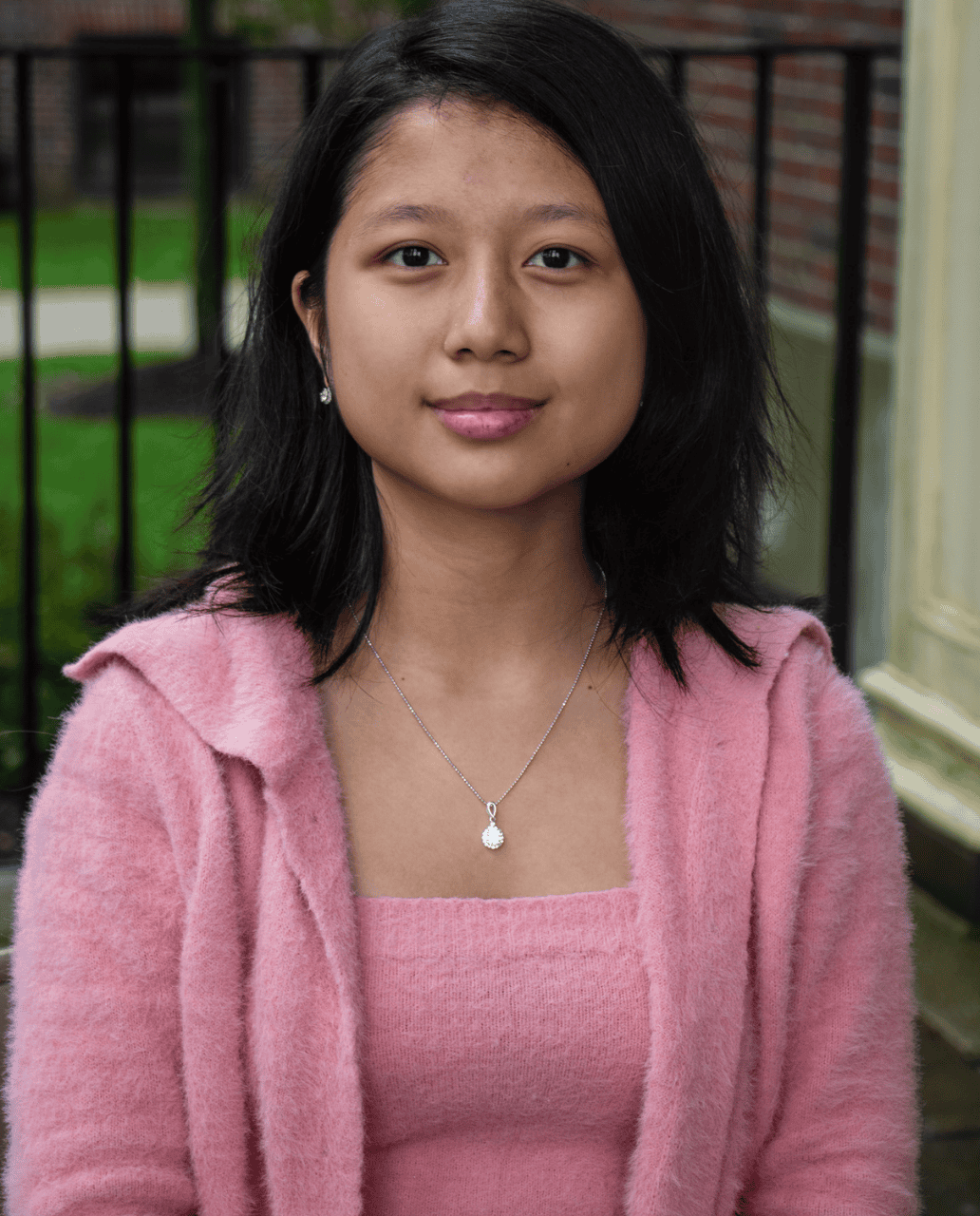
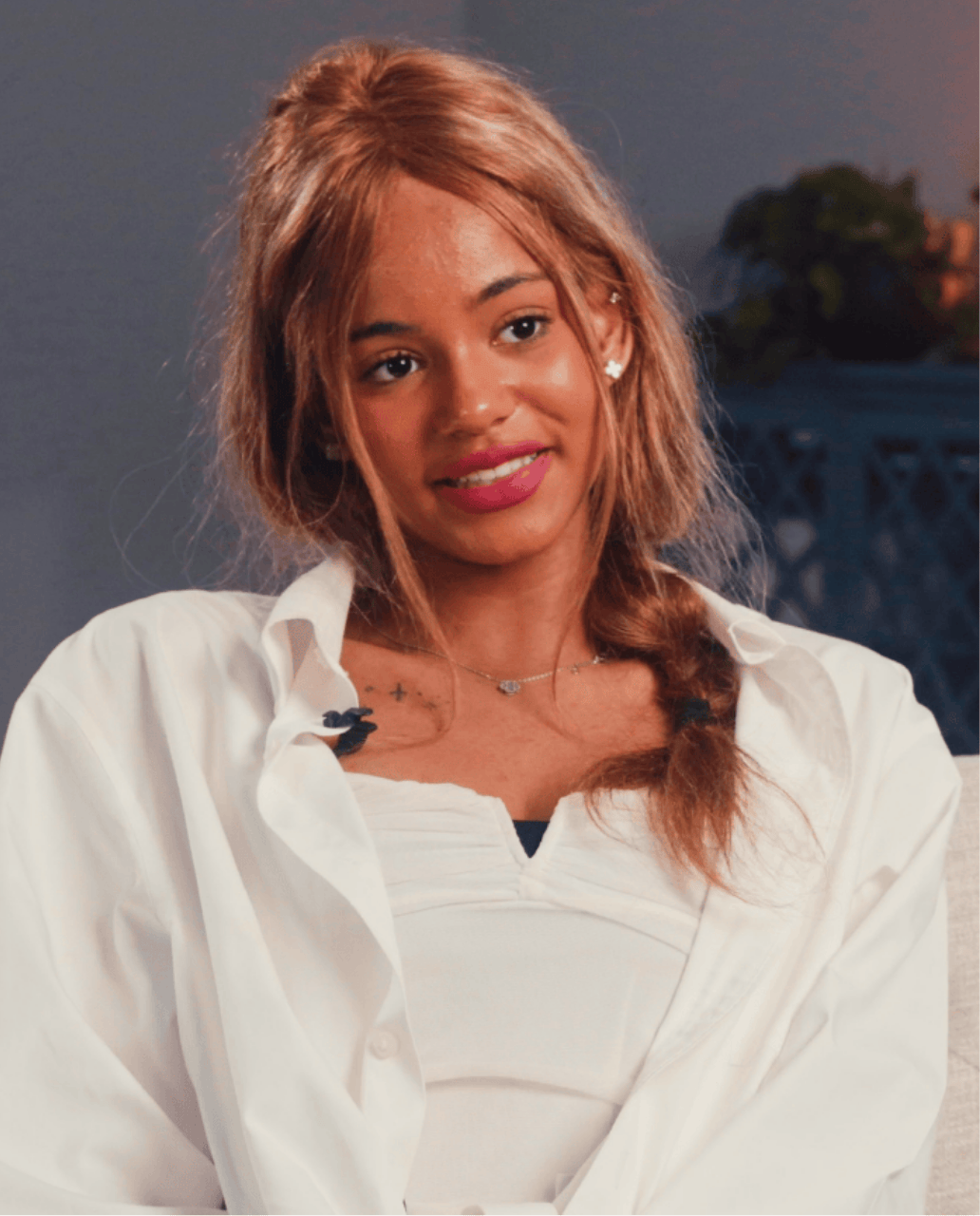
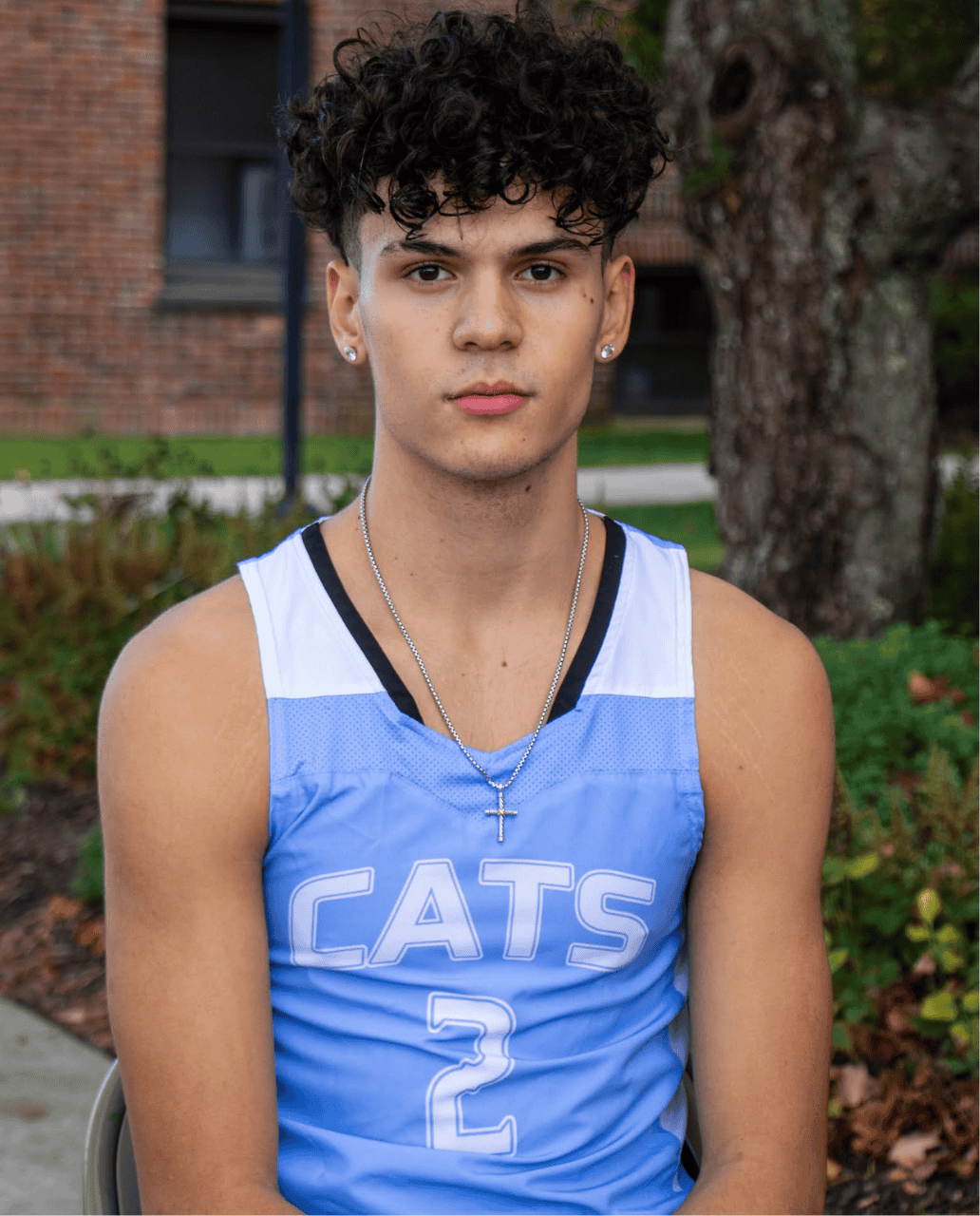
CATS Academy Boston, Inc. is part of a group trading as CATS Global Schools. UK company number: 11493248. Registered address: Suites 6-7 The Turvill Building, Old Swiss, 149 Cherry Hinton Road, Cambridge CB1 7BX, UK
© Bright Scholar (UK) Holdings Ltd, 2024. All Rights Reserved.